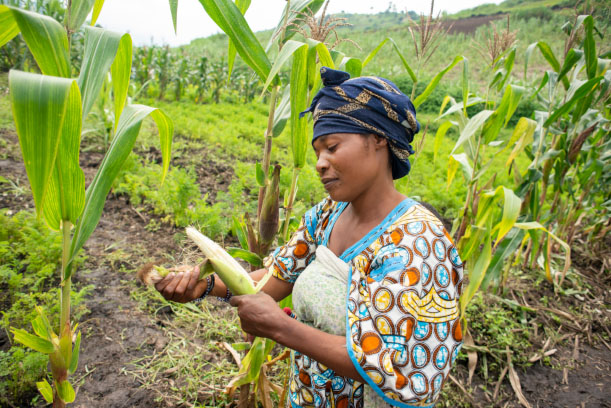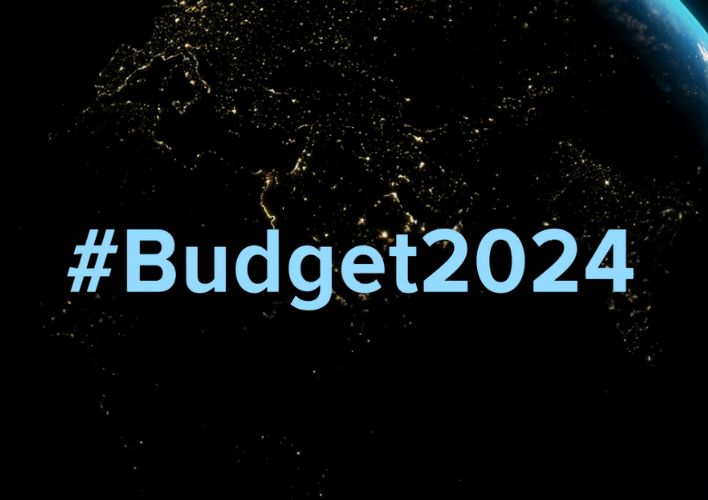Canadian Foodgrains Bank members will help people affected by the COVID-19 pandemic in six African countries by providing emergency food while laying the groundwork for long-term recovery.
The Humanitarian, Early Recovery and Development program will serve 89,000 people in Burundi, Democratic Republic of Congo, Kenya, Nigeria, South Sudan and Zimbabwe. It is made possible through a grant of $10 million from the Government of Canada.
Most hunger responses are either short-term emergency projects or longer-term development projects. This program combines both. It helps people in immediate need of food, while also providing resources and training to help them move out of poverty in the longer-term. It represents an innovative approach built on the past work of the Foodgrains Bank and its members.
Conflict, unpredictable and extreme weather, and forced displacement mean that accessing enough food is a major challenge for many people in these countries in normal times—and even more so in the midst of a pandemic.
“The pandemic and restrictions on movement have only amplified the struggle that many families face in getting enough to eat each day,” says Foodgrains Bank executive director Andy Harrington. “This program will help us to achieve the goal of ending hunger in a new and collaborative way. Working together with our members and their local partners, we’ll be able to have an immediate impact in the short-term in helping people get by, while also looking at the bigger picture of hunger in the community and supporting long-term solutions.”
For Will Postma, executive director of the Primate’s World Relief and Development Fund (PWRDF), this represents a new and important way of looking at how international aid organizations come alongside people affected by hunger.
“PWRDF is pleased to be a part of this collaborative effort between Foodgrains Bank members,” says Postma. “It is because of the strong capacity of member agencies and our local partners on the ground that this innovative new program is possible, and we are excited to see it move forward, including with our own project in South Sudan.”
In the emergency response phase of the program, households are provided with emergency food, cash, or vouchers they can redeem at local markets. Some participants are also offered inputs to restart agricultural activities, training to improve agricultural production and start new livelihood activities, and support establishing savings and loans groups. Some projects are also paying people to work on projects that will benefit the community, such as improving soil and water conservation.
Foodgrains Bank members taking part in the project are: ADRA Canada, Canadian Lutheran World Relief, Emergency Relief and Development Overseas, Mennonite Central Committee, Primate’s World Relief and Development Agency, Tearfund Canada, World Renew and The United Church of Canada. The projects are being implemented in-country by their local partners.



